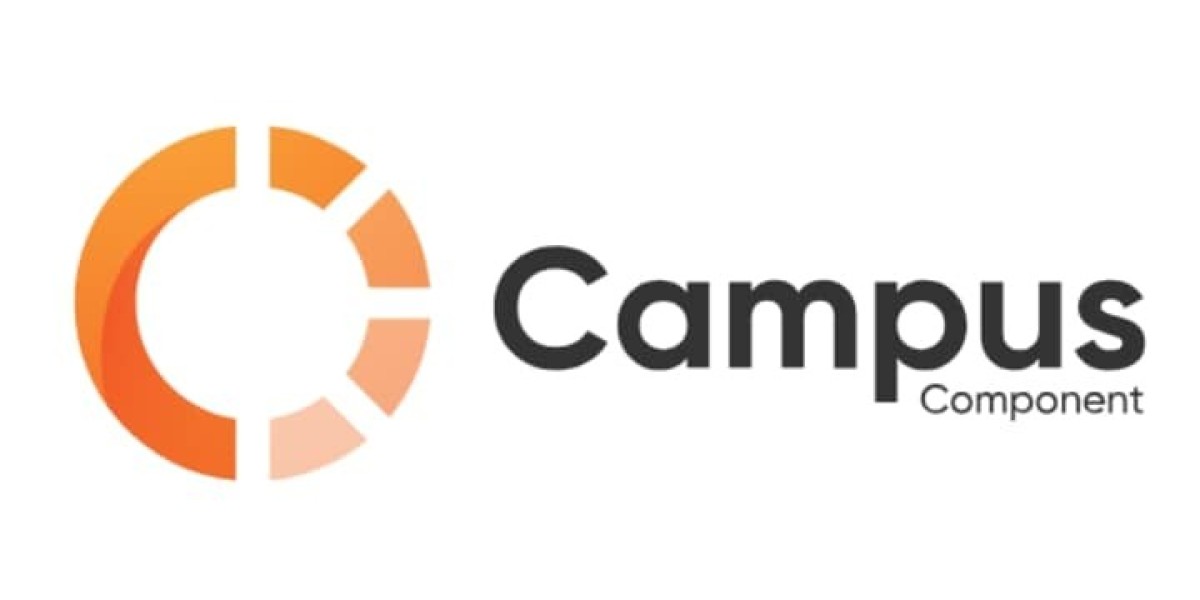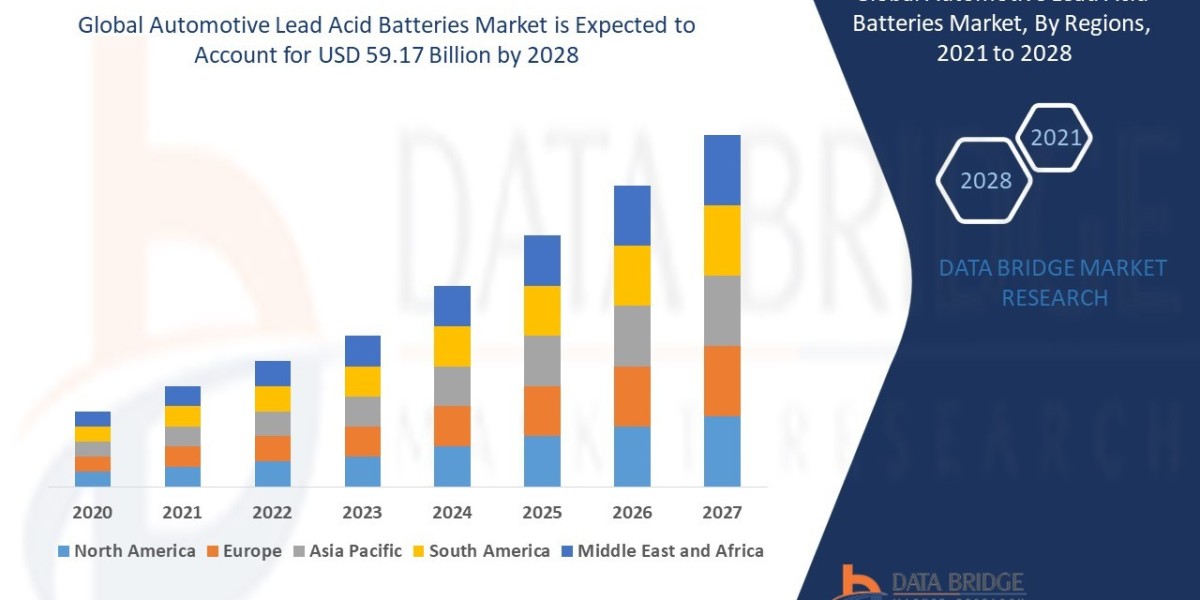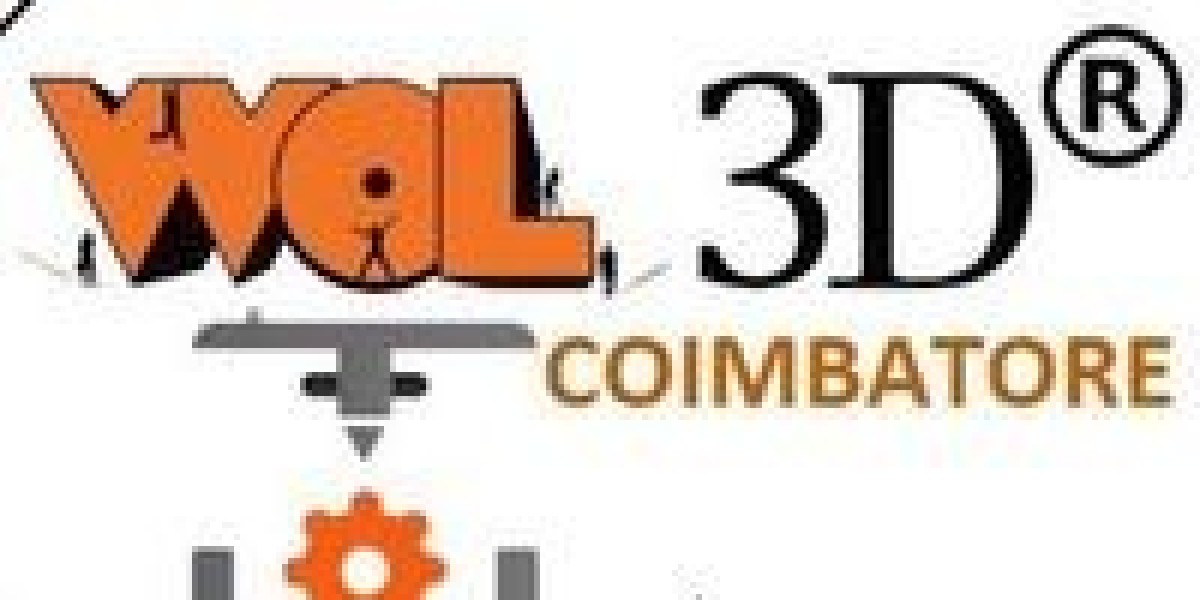An inverter is one of the most important devices in a solar energy management system. It’s a device that converts direct current (DC) electricity which is generated from a solar panel to alternating current (AC) electricity, which then is used by the electrical grid. In DC, electricity is maintained at constant voltage in one direction. In AC, electricity flows in both directions in the circuit as the voltage changes from positive to negative. Inverters are one of the example of a class of devices called power electronics that regulate the flow of electrical power.
What is a Solar Inverter?
A solar inverter is one of the most crucial parts of a solar power system. A solar inverter converts the energy output generated from solar panels into a usable electricity form, which can be used in your home or workplace.
Solar inverter converts the direct current (DC) generated by solar panels into alternating current (AC), which is the form of electricity used in our homes and businesses. Essentially, it acts as a translator, enabling the seamless integration of solar energy into the electrical grid.
Working Principle
The working principle of a solar inverter is based on the transformation of DC to AC through a complex process. When sunlight strikes the solar panels, they generate DC electricity. The solar inverter then takes this DC power and passes it through a series of components, including Buck-Boost converter, capacitors and transformers, to produce the AC power suitable for use in households and industries.
Hardware Requirements
Building a reliable solar inverter requires a set of essential hardware components. These typically include:
Solar Panels
Batteries
Charge Controllers
Transformers
Capacitors
Semiconductor devices such as insulated gate bipolar transistors (IGBTs) for efficient power conversion.
AiT semiconductor offers a range of power management solutions specifically designed for solar inverters. These include:
DC-DC Buck and Boost Converters: These devices regulate the voltage coming from your solar panels to ensure that it's at the right level for the inverter.
LDOs (Low-Dropout Regulators): These devices provide a clean, stable voltage supply for sensitive electronic components in the inverter.
IGBT Gate Drivers: These devices control the switching of the IGBTs (Insulated Gate Bipolar Transistors), which are the main power switches in the inverter.
ESD Protection Diodes: These devices protect the inverter from electrostatic discharge, which can damage sensitive electronic components.
By using AiT's power management solutions, solar inverter manufacturers can create more efficient and reliable inverters. This means that more of the solar energy produced by your panels is converted into usable electricity for your home.
Features: Some inverters come with additional features, such as built-in Wi-Fi or cellular connectivity, that allow you to monitor your solar system remotely.
Types of Solar Inverters
Battery Inverters:
Ideal for integrating a battery into an existing solar system or keeping the battery separate from solar panels.
Converts battery power into 230V AC, directing it to the switchboard instead of grid power whenever possible.
Central Inverters:
Suited for systems requiring large-scale power, handling hundreds of kilowatts or even megawatts.
Unsuitable for residential use; typically resembles a sizable metal cabinet, with each capable of managing around 500kW of power.
Commonly used in commercial applications or utility-scale solar farms.
Hybrid Inverters:
Enables the connection of batteries to the solar system, utilizing 'DC coupling' for communication.
Manages charging and discharging of the battery through electronic controls.
Conclusion
In conclusion, solar inverters are the main functioning block of solar power systems, facilitating the conversion of sunlight into usable electricity. Understanding their working principle, hardware requirements, and diverse applications is essential for anyone looking to embrace solar energy solutions. Campus Component is a leading provider that offers a latest range of high-quality components essential for constructing efficient and reliable solar inverters.
Campus Component provides the latest semiconductor devices, transformers, capacitors, and other hardware necessary for the seamless functioning of your solar power systems from brands such as AiT semiconductor, reach out Campus Component - Electronics components suppliers today!
Also read our blog - Designing Buck-Boost Converter with Feedback Loop Using ESP32








